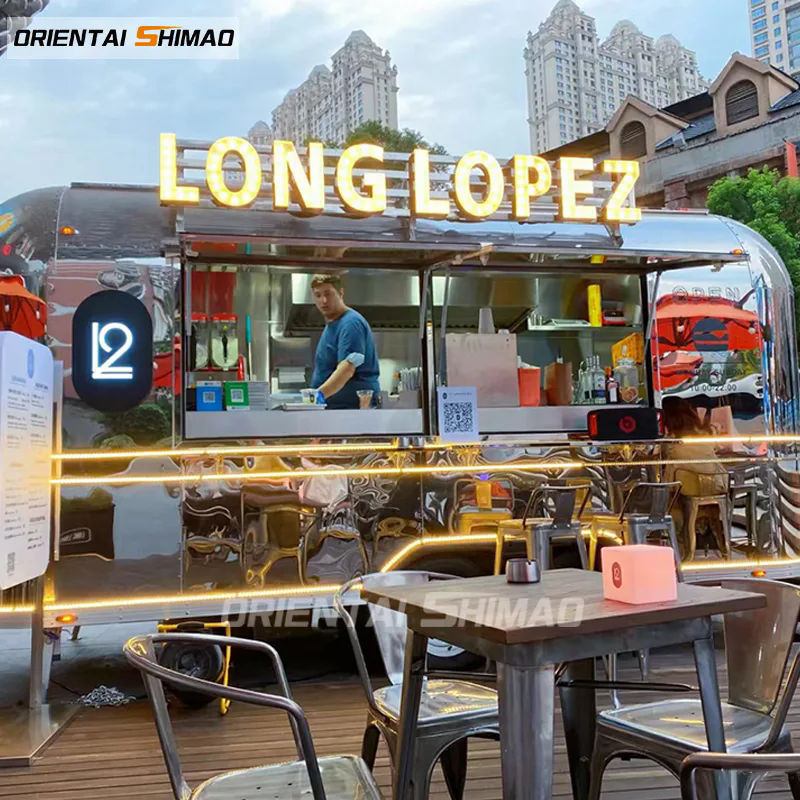Food Trucks: A Delicious Revolution on Wheels
2025-04-18
Food trucks have become one of the most exciting trends in the culinary world. Once known for selling simple snacks on street corners, today’s food trucks are mobile kitchens offering gourmet meals, international flavors, and creative street food experiences. From city parks to festivals and business districts, food trucks are changing the way people eat and enjoy food.
The Rise of the Food Truck Culture
The popularity of food trucks has grown rapidly over the past decade. With lower startup costs compared to traditional restaurants, food trucks have given aspiring chefs and entrepreneurs a way to enter the food industry with more flexibility and fewer risks. This freedom has encouraged innovation, allowing chefs to experiment with new recipes, fusion cuisine, and bold flavors that might not be possible in a more traditional setting.
Customers are drawn to food trucks for their convenience, affordability, and unique menus. Whether you are craving Korean tacos, gourmet burgers, vegan wraps, or artisanal ice cream, there is likely a food truck that serves exactly what you want.
Benefits of Food Trucks
One of the biggest advantages of food trucks is their mobility. They can go where the customers are, whether that is at a downtown lunch crowd, a weekend farmer’s market, or a late-night music festival. This flexibility allows food truck owners to reach different audiences throughout the day or week.
Another benefit is the sense of community food trucks help create. Many food truck parks and events bring people together in an open-air setting where they can try different types of food, listen to live music, and enjoy a casual social atmosphere. Food trucks often support local farmers and businesses by sourcing ingredients locally, which adds to their appeal among environmentally and socially conscious customers.
Challenges in the Industry
Running a food truck business is not without its challenges. Operators must deal with limited kitchen space, changing weather conditions, and the need to constantly move from location to location. Permits, health inspections, and parking regulations also vary widely by city, making it important for food truck owners to stay organized and adaptable.
Maintaining a loyal customer base can also be difficult when the location of the truck changes often. Many food truck businesses rely on social media to update followers about where they will be parked each day, what is on the menu, and any special deals.
The Future of Food Trucks
As cities become more open to mobile food vending and customers continue to seek fast, fresh, and flavorful meals, the future of food trucks looks bright. Some trucks are even expanding into permanent locations, turning into brick-and-mortar restaurants after building a strong brand following.
Technology is also playing a larger role, with many food trucks using apps for mobile ordering, online payments, and digital loyalty programs. These tools help improve customer service and make the entire dining experience more convenient.
Conclusion
Food trucks represent more than just a meal on the go. They reflect creativity, passion, and a deep connection to local communities. Whether you are grabbing a quick lunch or exploring new tastes at a food truck festival, these rolling kitchens offer a fresh and exciting way to enjoy food. As the food truck movement continues to grow, it is clear that the revolution on wheels is here to stay.



